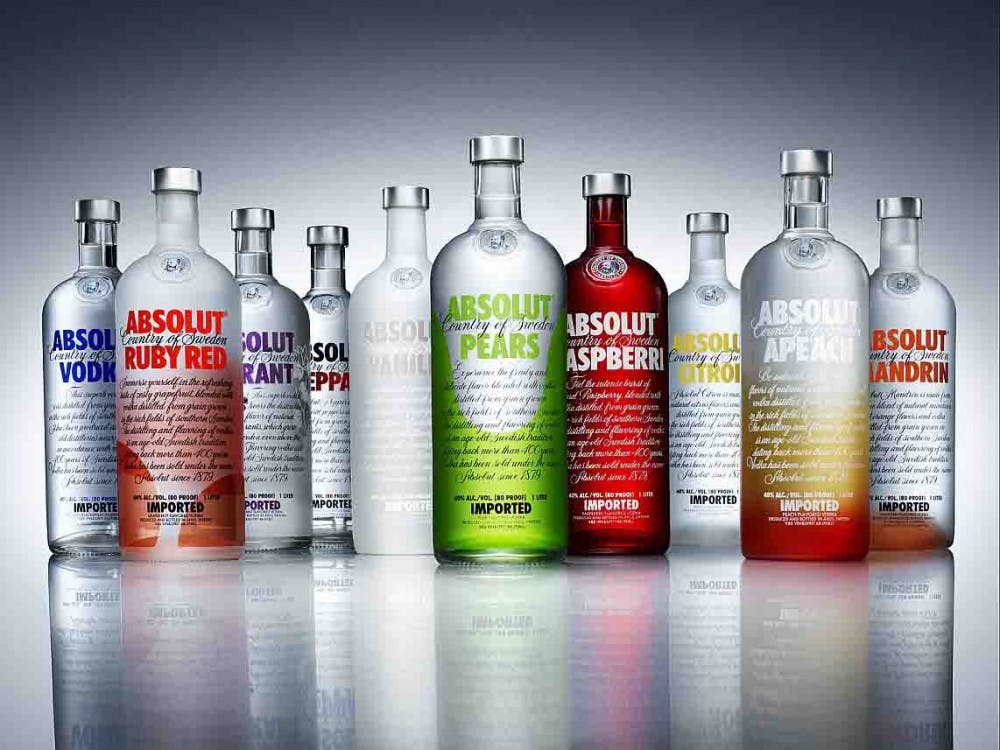University of Washington study finds that drinking increases during study abroad
(Photo courtesy of Google images)
By Caitlin Yilek, Staff Writer -- yilek12@up.edu
For many UP students, spending a semester or a summer abroad immersed in another culture means being of legal drinking age, which leads to a higher consumption of alcohol.
According to a recent study by the University of Washington published in the current issue of Psychology of Addictive Behaviors, studying abroad leads to a greater consumption of alcohol while abroad and, in some cases, after the students return to their home campus.
"I would say my alcohol consumption increased significantly while I was studying abroad, but it was only because it was legal," junior Lacey Hall said of her experience while studying in Australia last spring.
UW surveyed 177 students before their semester abroad and after they returned to campus. The study found that drinking increased considerably for students studying in Australia, Europe and New Zealand. However, those who studied in the Middle East, Africa, Asia and Latin America tended to drink less.
"Legally we were allowed to drink in Europe at age 18," senior Elizabeth Beshoar said.
Beshoar studied abroad in the Salzburg year-long program last year.
"Since everyone on the trip was 18, we could drink a glass of wine or a beer with dinner or whatever," Beshoar said. "In that sense, I did notice an increase in the amount of alcohol that myself, as well as other people, drank."
According to Fr. Arthur Wheeler, C.S.C., director of Studies Abroad, student drinking increases everywhere that public drinking is legal. However, behavior varies with maturity, he said.
"The younger the students, the more likely that they will experiment in an immature fashion," Wheeler said in an e-mail from Spain.
The UW study also found that, on average, students doubled their drinking while abroad. However, according to the researchers at UW, most students saw a decline in their consumption of alcohol post-study abroad.
"I can't speak for the entire group, but I know that my drinking has decreased significantly since studying abroad," Hall said. "I have only drank four or five times this semester." Beshoar agreed.
"Obviously the people who are not 21 don't drink as much," Beshoar said. "They can't legally anymore."
Hall says that on average Australians drink more than Americans.
"I think it is simply because the drinking age is lower for them," Hall said, "And by (drinking) more, I mean more often. They don't necessarily consume more beverages."
According to Hall, it was part of the Australian culture to go out and have a drink on weekdays.
"They were way more laid back than Americans and weren't on such rigid schedules, which I think allowed them to have more fun on weekdays," Hall said.
Hall says that her group consumed alcohol at least three nights a week.
"(We drank) one or two school nights, on average, and then usually both nights on the weekend," Hall said, "But there were also nights I didn't drink at all and still went out."
Hall and her group were prohibited from drinking in their residence halls, so they did not consume wine or beer during lunch. Several times they went out for dinner, which sometimes included a glass of wine or beer, Hall said.
According to Wheeler, many students learn to drink responsibly when they have beer or wine with meals.
"In my experience, the most irresponsible drinking behavior among students has been associated with drinking games," Wheeler said. "Putting peer social pressure on other students to drink while playing games is highly objectionable from a moral perspective."
According to Wheeler, UP addresses these issues by prohibiting drinking games, giving sanctions to those who behave irresponsibly and encouraging students to watch out for one another and behave like responsible adults.
The consequences for alcohol abuse while abroad vary according to the nature of the offense, Wheeler said. The impact of the behavior on grades also plays a role in deciding the consequences.
"Students with prior warnings or prior sanctions often face more severe sanctions," Wheeler said. "Safety is a primary concern, so we are especially focused on behavior that might endanger the drinker or those in his or her company."
Safety comes first, Wheeler said.








